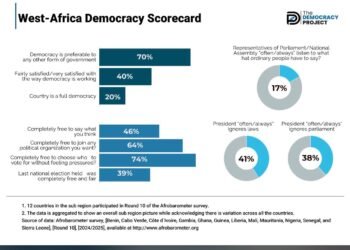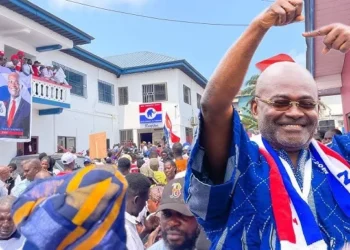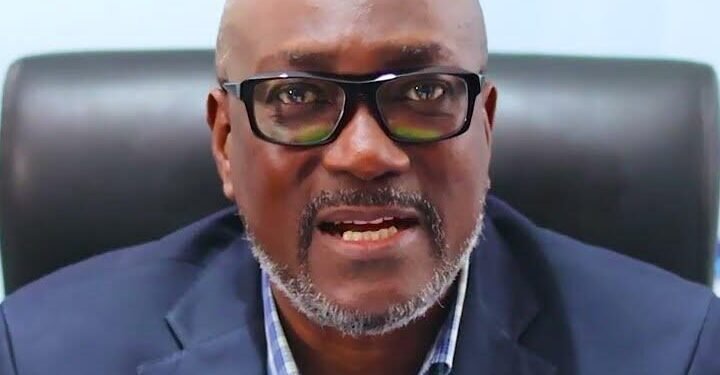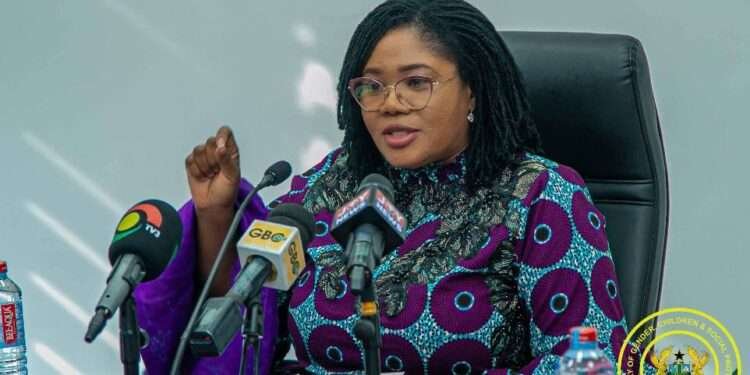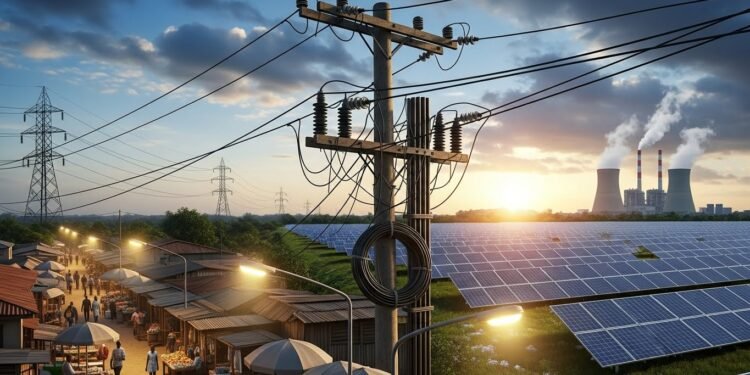Ghana’s education system for some time now has experienced some decay despite the many reforms it has undergone mainly due to ideological differences between governments over the years especially in the Fourth Republic. The ideology of different governments influences the policies around the duration (4 or 3 years), content, syllabus/curriculum designing, physical infrastructure, and teacher trainee allowances.
The constant politicization of educational reforms in the country has not only diminished the quality of education but also drained the Public Consolidated Fund over the years. For instance, the current government’s introduction of STEM education led to the collateralization of the GETFund which limited the government’s ability to provide essential needs of other categories of schools.
Another factor that contributes to the country’s deteriorating education system is the tendency of trained teachers to reject posting to the country’s rural areas due to poor infrastructure and poor living conditions in rural areas. This leaves the rural counterparts in education grossly disadvantaged.
“Lack of accommodation for teachers…we said that we are going to make it a policy that, for every school that is built, teachers’ accommodation must be provided alongside the school building. We won’t build classrooms…without accommodation for teachers. One of the disincentives that teachers face in going to rural areas is that they can’t find accommodation”.
John Dramini Mahama
The constant change in syllabus and curriculum also hugely affects public schools in rural areas as governments over the years have been unable to provide these schools with the required textbooks and learning materials in due time for schoolchildren in rural areas to be at par with their urban counterparts.
Additionally, schools in rural areas are underdeveloped as most of them lack proper infrastructure and other items like desks, tables, and chairs. In fact, most rural children go to school under trees while others have to cross rivers or other water bodies to access schools.
“But you cannot say so for a child in the rural school who probably doesn’t get the same opportunity. And so we need to look at the equity in the education system and see how we can improve investment in poor rural schools. Some of them have no chairs and the curriculum has changed. Four years now, the curriculum has changed yet no textbooks are available for students and teachers,”
John Dramini Mahama
Further Decay
Recently, the Free SHS initiative of the incumbent government has come under scrutiny by the general public and some education experts on its achievements. While the initiative has done well by increasing enrollment in the secondary circle of education, the main concern is whether or not the quality of education is being maintained, improved, or devalued.
While the government certainly asserted that the initiative has improved the quality of education using the 2023 WASSCE results as its defense, experts argued that a categorical analysis of the results is not encouraging as the results do not show any improvement in individual performances at the WASSCE.
Furthermore, the politicization of the Free SHS initiative has prevented the government from reviewing the program over the years and implementing the necessary changes to it despite constant demands from the opposition. The initiative even though it is supposedly free, costs parents more financial burden – about GH₵ 12,000.00 every academic year – than when secondary circle education was paid for.
Also, issues with the school feeding program at schools add to the financial burdens of parents and guardians as they have to constantly provide food items for the wards to complement the insufficient amount of food given to students due to food shortages in schools.
“The trend between 2017 and 2022 means that the government will not spend more than 70%. The Ministry of Finance will not disburse more than 70% of this GH 2,400.00, (GH₵ 1,680) so the maximum you are likely to see is an expenditure of 70% of GH₵ 2,400 from the government. We are likely to see parents’ expenditure going up. That has been the trend”.
,Mr. Kofi Asare, “Eduwatch Africa”
Consequently, issues from the basic and the secondary level have translated to the tertiary levels. While enrollment at the tertiary level increased, the funding to support the increasing number of students is not catered for, leaving public tertiary institutions to depend on little funds to provide for their educational needs.
Accordingly, students are always left wanting as lecturers proceed on industrial strikes now and then demanding the government to pay their research grants and other funds stated in their conditions of service. While it is discouraging the continuous rot in Ghana’s educational system, the biggest concern is the quality of products the system churns out to society.
READ ALSO: Mahama, An ‘Irresponsive’ Leader – Ahiagbah





